Open Pact | Open Monday | Open House | Open Door | Open Blik | Open Workgroup
Open Doen was the beginning of a new chapter. We transformed what was once called the main hall to a cozy living room, facilitated anyone who wanted to exhibit their work for a day, made a font together, talked about and ate a bunch of seaweed and peas, crushed peas between our fingers. We spread out the peas on tablecloth and spread ourselves across the floor, entangling our bodies with no-longer strangers.
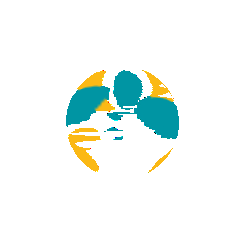
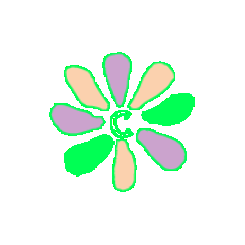
Every first Monday of the month, you're welcome at Clublokaal for a free meal and to join in the conversation about what we're doing. Come by, share your ideas, and help us shape the space!
Do you have any ideas, expectations, or suggestions? Or would you just like to listen in? Come by!
Every month, we cook (together) with people who enjoy it. Want to come cook sometime? Let us know by talking to someone or sending an email to kloosterlaan138@gmail.com.
See you Monday!
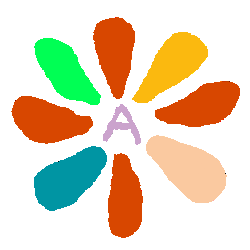
With Open House, we dedicate part of our space to other initiatives and embrace the idea of radical hospitality and openness. What happens when another collective temporarily takes over the space? What can we learn from each other about ways of working, about collaboration, about how we relate to each other?
Art spaces often focus primarily on an art-oriented audience and can sometimes seem inaccessible or even elitist to those outside this circle. How can we truly open ourselves up to a non-art audience? How can we offer our space to others in a meaningful way? With Open Deur, we aim to radically explore these questions through a series of participatory sessions.
At the heart of Open Deur is collaborative creation. We have consciously rejected the distinction between "artistic creation" (such as painting or sculpting) and "craft" (such as embroidery, cooking, or gardening). These sessions are about sharing skills, collective experience, and the joy of creating together.
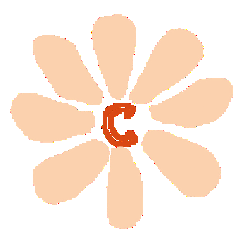
A symposium on collectively running an (art) space and self-organization as an artistic practice.
All participants, stakeholders, and guests are welcome to reflect and look ahead in a series of conversations and workshops. How do we develop new initiatives together? How do we build networks of solidarity and exchange? How can we view (self-)organization as an artistic practice?
Open Pact is our collective code of conduct. It is a gathering of the shared values on which we base our decision making process. It is, however, more than a set of guidelines. It is a living document, ever changing as we go along and find out what works and what doesn’t work for our organisation.
We are committed to creating a safe and respectful space. We do not tolerate any form of
Harassment & Intimidation – – any verbal, non-verbal, or physical actions that demean, threaten, or create an unsafe environment.
Sexual Harassment – Unwelcome sexual comments, gestures, or actions that make others uncomfortable.
Discrimination – – exclusion, insult, or harm based on identity, including race, gender, sexuality, religion, age, or ability.
Aggression & Violence – Any form of verbal abuse, threats, or physical harm.
Bullying – Repeated intimidation, exclusion, or mistreatment of individuals or groups.
Everyone is responsible for fostering a positive and inclusive environment. Concerns should therefore be reported and will be handled with care.
We strive to
be a welcoming and inclusive space. We do this by taking into account people’s (cultural) backgrounds, sexuality, gender, religion, age, race, ability and neurodivergence. We check in with each other on a regular basis and take responsibility for our own emotions, which we strive to communicate clearly to others. We are currently working on our accessibility by making the ground floor barrier free and we are thinking about the possibility of creating a breastfeeding- and pumping space. Free water and a toilet visit are allowed without purchasing anything. We don’t use complicated language and keep our prices low; food is ‘pay what you can’/ donation based.
We are an LGBTQIA+ friendly space. We are against the patriarchy and heteronormativity. We acknowledge relations between humans and more than humans.
Avoid precarity as an organisation and always aim for fair pay for artists, volunteers, freelancers and members of the organisation. We do our best to prevent any mental strain or burnout and do not overload volunteers or individual members of the collective. We encourage everyone to ask for and offer help when needed. We all share responsibility for the building and the functioning of the organisation. Not everyone has to do the same amount of work, but we all do what we can.
welcome imperfection, focusing less on the end result than on the process itself. Though we try our best, things can be unfinished (to what extent?). We don’t follow a perfectly fixed format and there is space for play, unseriousness and personality.
approach our space as a commonspace, embedding it in the local context. The rooms of the building (including the kitchen, bathroom and garden) can be used/shared when requested for suitable (non-commercial) purposes. We also view any accredited knowledge as a part of the commons and aim to share this knowledge in an accessible way by publishing it on our website, publications and in our open archive.
apply the following ethics to our organisation and participating artists:
Write the Open Pact together with us, you can leave suggestions in this open document.
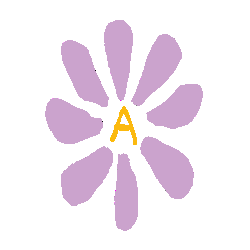
The Open Workgroup is responsible for the basic infrastructure of Clublokaal:
Mayke Breukers
Simon Kentgens
Erica van der Muren
Linde Roza
Benjamin Schoones
Freeke van der Sterren
Ester Venema
Hussel Zhu
Please send us an e-mail if you want to join the Open Workgroup or the volunteer group.
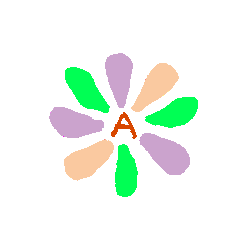
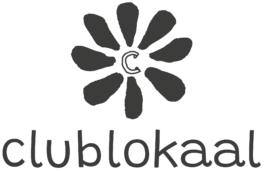
Kloosterlaan 138
4811 EE Breda
kloosterlaan138 [at] gmail [dot] com
Sign up for the newsletter
Instagram